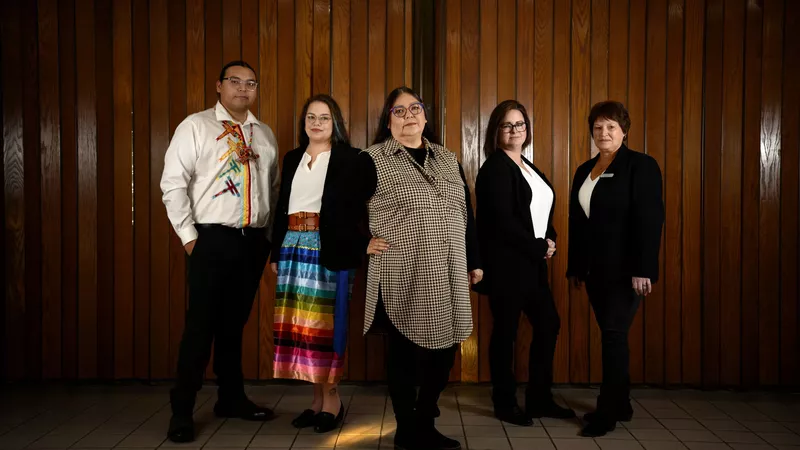
MP Gary Vidal calls on Feds for clear wage subsidy wording to include limited-liability Indigenous businesses
Gary Vidal, MP for Desnethè Missinippi-Churchill River, is asking the federal minister responsible to include limited partnership businesses in the Canada’s Emergency Wage Subsidy (CEWS) program for limited liability Indigenous businesses.
On April 18, Prime Minister, Justin Trudeau, announced up to $306.8 million in funding to help small and medium-sized Indigenous businesses, and to support Aboriginal Financial Institutions which offer financing to these businesses.
Gary Vidal told meadowlakeNOW his concern lies in legal technical wording in the federal announcement for improved clarity of who is eligible for emergency benefits. .
“At this point, with limited details, we don’t believe the funding announcement over the weekend actually addresses this issue,” Vidal said. “We’ve been in touch with some First Nation businesses, and they have their accountants and lawyers working on this and we’re looking for the direct answer to that question along with them, but it is our understanding that it does not.”


